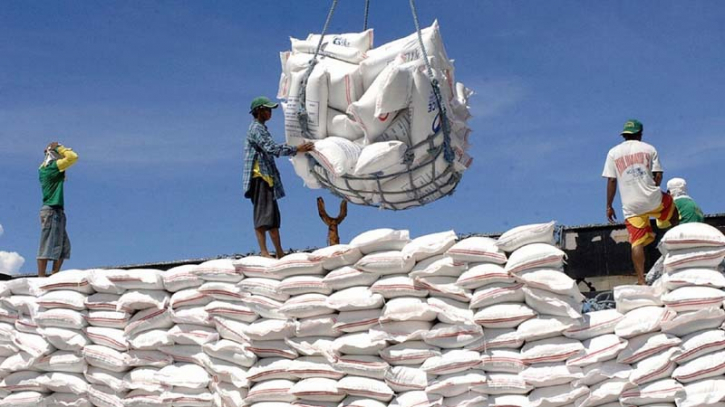Rice price surge in the Philippines sparks global inflation alarm

The recent surge in rice prices in the Philippines is sending ripples of concern throughout the global food market, serving as a stark warning for other major rice-importing nations. This unsettling trend has been exacerbated by India's export restrictions, which have had far-reaching consequences across Asia and West Africa.
In August, the Philippines witnessed an alarming acceleration in rice inflation, marking the swiftest increase in nearly five years. This unsettling development has brought back memories of the 2018 shockwave that ultimately led to the removal of a two-decade-old restriction on rice imports. The Philippine central bank has issued a warning this week, signaling its readiness to implement monetary tightening measures if necessary. Simultaneously, diplomatic efforts and trade agreements are in full swing as other nations scramble to secure their rice supply.
Shirley Mustafa, an economist affiliated with the United Nations' Food and Agriculture Organization, expressed her concerns, stating, "We are witnessing a considerable degree of uncertainty, and this price pressure is only aggravated by the existing restrictions."
India's export limitations have caused significant disruptions in the rice market, compelling concerned nations to take proactive measures to mitigate the escalating cost of this essential food staple, upon which billions of people in Asia and Africa rely. In response, the Philippine government has imposed a price ceiling, a move that has led to the downfall of a senior finance official.
Meanwhile, Indonesia has taken a significant step by entering into a supply agreement with Cambodia for the first time in over a decade. This memorandum of understanding covers an annual supply of up to 250,000 tons, more than doubling the volume of a similar pact reached in 2012. Jakarta has also committed to distributing 10 kilograms of rice per month to millions of underprivileged families during the fourth quarter of this year.
As the global rice market grapples with these challenges, the Philippines' rice crisis serves as an alarming indicator of the far-reaching consequences of export restrictions and the importance of ensuring a stable and accessible rice supply for nations across Asia and beyond.
.png)









